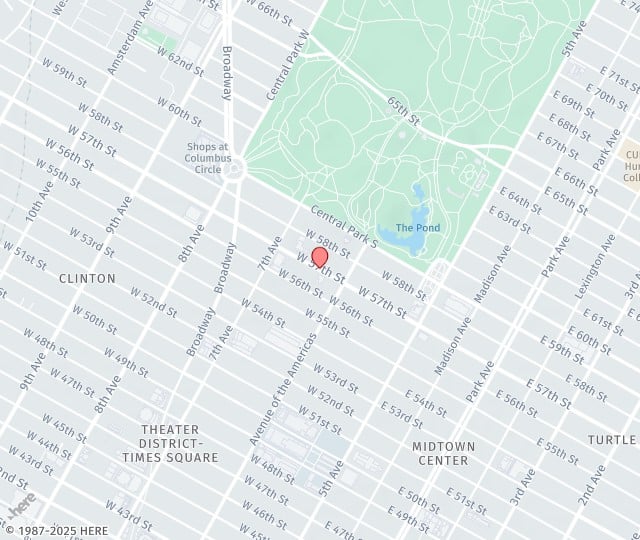 When you brush your teeth twice a day as you’ve always heard you must, you inevitably expect to have fewer issues with cavities. If you experience a new bout with tooth decay now and then, you may up your game and start using an antibacterial mouthwash, fluoride toothpaste, and be more diligent about flossing and seeing your dentist. Still, you get new cavities on a pretty regular basis. What gives? Here, we’ll examine a few common reasons some people seem to get more cavities than others, despite their good intentions.
When you brush your teeth twice a day as you’ve always heard you must, you inevitably expect to have fewer issues with cavities. If you experience a new bout with tooth decay now and then, you may up your game and start using an antibacterial mouthwash, fluoride toothpaste, and be more diligent about flossing and seeing your dentist. Still, you get new cavities on a pretty regular basis. What gives? Here, we’ll examine a few common reasons some people seem to get more cavities than others, despite their good intentions.
Diet
When you want to get a better idea about the prevalence of cavities, it pays to look at what you tend to consume each day. The mouth is home to a plethora of bacteria regardless of how much we brush. Bacteria are a part of being human and, also, not all bacteria in the mouth are bad. The problem is that bacteria eat what we eat. If we eat starchy and sugary foods, the bacteria in the mouth consume these and, as a result, produce acid that increases the natural acidity of the mouth. When the mouth becomes too acidic in general, there is more erosion and demineralization happening on our teeth. If you take stock of your daily food and beverage intake and notice that you eat a fair amount of carbs like bread and pasta and you also consume acidic products like coffee, soda, and vinegar, your diet could be a culprit in your cavity problem. You needn’t make a drastic change to protect your oral health. After consuming foods or beverages that could break down enamel, rinse your mouth with water. Also, sip water throughout the day. Since most sources of water contain fluoride, sipping water adds a vital, decay-resistant mineral into the saliva, which helps to remineralize teeth.
When You Eat
You have probably heard that what you eat matters to your oral health. Too much sugar equals cavities. There’s more to it than that. Part of the reason we get cavities is that our teeth, made up primarily of minerals, lose mineral content when we eat and drink. It takes between 30 and 60 minutes after a meal for the mouth to return to a normal, more neutral pH balance. If we don’t leave at least 60 minutes in between meals, drinks (other than water), and snacks, we are setting ourselves up for persistent demineralization that can lead to cavities. To help prevent cavities, then, consume only water for at least one hour between other foods and beverages.
Dry Mouth
We talked about the mineral content of teeth and how minerals are lost when we eat and drink. Without sufficient mineral content, teeth are prone to cavities as well as erosion. How do teeth last us a lifetime, then? They last because the minerals that are lost can be, should be, replaced through our saliva. The saliva carries minerals like calcium and phosphate and, depending on when you’ve brushed your teeth with fluoride toothpaste, fluoride. If you have dry mouth, a condition that could arise from diabetes, or as a side effect of certain medications, you can help the demineralization process by sipping water throughout the day and also by chewing sugarless gum. When you snack, choose crunchy fruits and vegetables such as celery or apples, which clean the teeth and also bring more water content into the mouth.
Receding Gums
Gum recession can occur subtly if you have gingivitis that is not being treated. This condition, in which the gums start to pull away from the teeth, opens a whole new area for bacteria to hide. Where bacteria hide, plaque is usually present and, in combination, these two factors can eat away at enamel via acidic byproduct. Receding gums are usually detected during a routine dental exam and cleaning. The problem can be treated conservatively when caught early. If you notice that one or more teeth look longer than they used to, you are seeing signs of gum recession. If you’re unsure whether or not your gums are receding, schedule an exam with your dentist.
Cavities are a preventable problem. Working together, you and your dentist can make a big dent in your cavity resistance. To schedule a consultation with dentist and dental anesthesiologist Dr. Louis Siegelman, contact our NYC office at (212) 974-8737.

